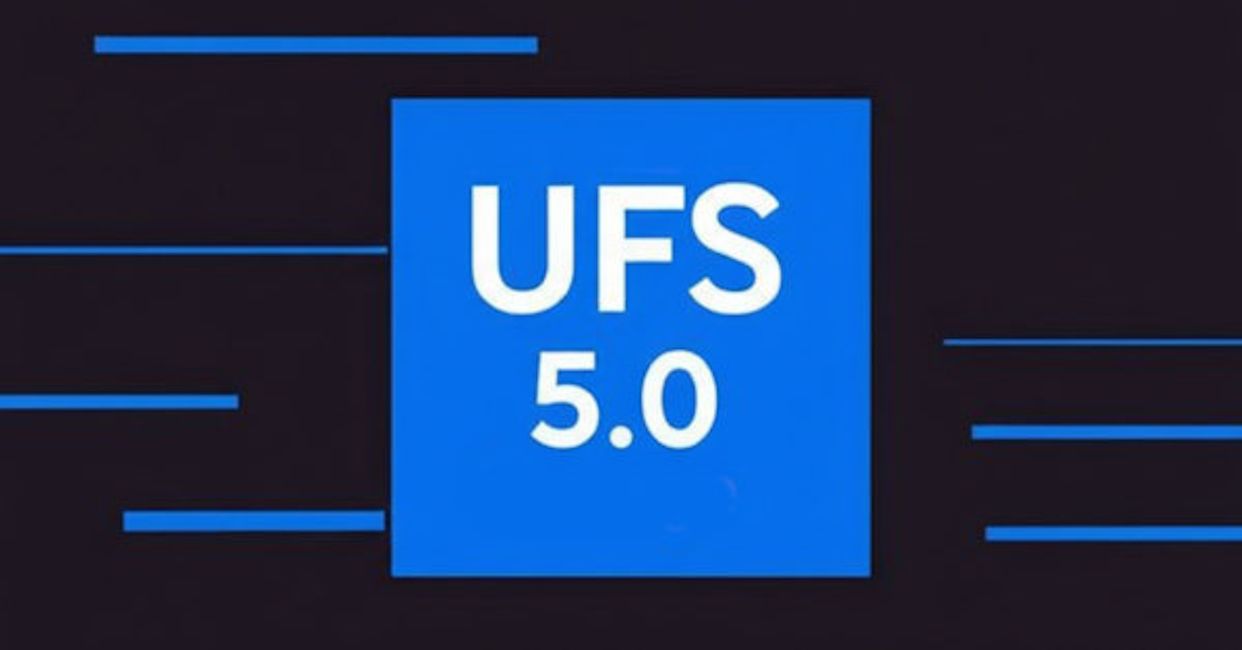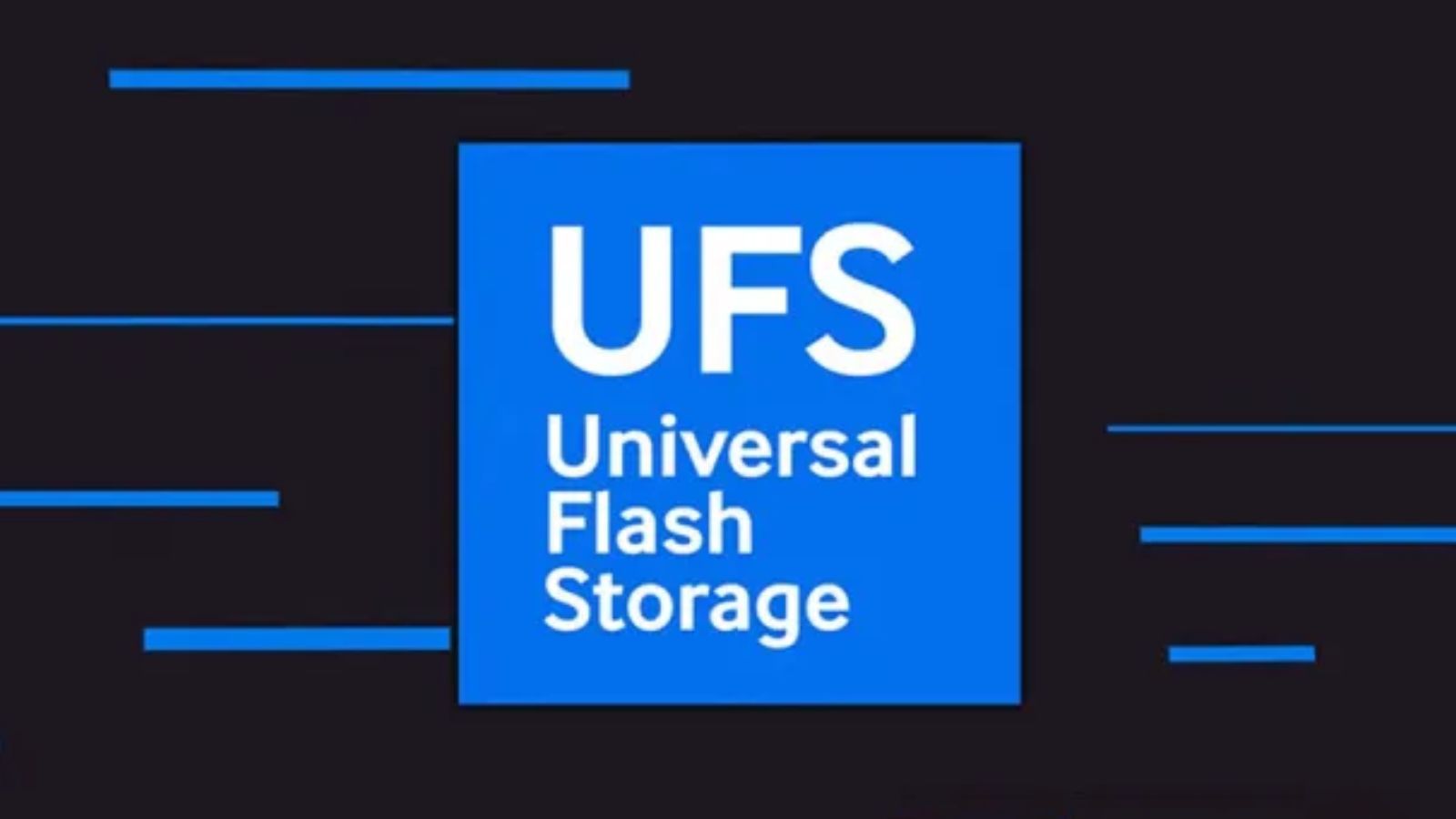Summary
- JEDEC has confirmed that UFS 5.0 is currently in its final testing stage and will go official soon.
- UFS 5.0 promises faster data access and better performance than UFS 4.0 configurations.
- UFS 5.0 is expected to improve link equalisation, include Inline Hashing security measure and offer up to 10.8 GB/s speeds.
JEDEC, the global leader for Solid State Technology Association in the microelectronics industry standards, has today shared that the next-gen UFS 5.0 storage standard is near completion and is arriving soon to replace the existing UFS 4.0 protocol.
The Joint Electron Device Engineering Council (JEDEC) consortium, on October 7, 2025, has revealed that the Universal Flash Storage (UFS) 5.0 standard is in its final development stage and is inching closer towards an imminent release.
This marks an important development since the UFS 4.0 standard was introduced back in 2022. Hence, after almost four years, it is now time for UFS 5.0 to lead the next wave of fast and power-efficient storage solutions for future smartphones and computing systems.

It is important to note that UFS 5.0 is not a direct successor to the UFS 4.1 protocol, which was introduced back in January 2025. While UFS 4.1 did bring notable upgrades over the UFS 4.0 protocol like improved sequential speeds, Host-Initiated Defragmentation, WriteBooster Buffer Resize and more, it was merely a spec refresh of the UFS 4.0 standard.
What to expect from UFS 5.0?
While JEDEC is yet to share the key details of UFS 5.0 standard, we believe the next-gen storage protocol will focus on three key areas – higher performance with AI integration, enhanced data storage and top-of-the-line efficiency.
Advancements in these three key areas are important since we have to remember that UFS technology is curated to work with power-sensitive devices like smartphones, wearables, automotive systems, edge computing, gaming consoles and more.

Hence, Beebom Gadgets believe that UFS 5.0 will deliver on the following areas:
- Sequential read and write speeds: We believe the next-gen standard will reach up to 10.8 GB/s sequential speeds to keep up with AI tasks which require higher storage speeds.
- Upgraded reliability and improved System Integration: Expect to see integrated link equalisation for signal integrity and a dedicated power supply rail for noise isolation between the PHY and the memory subsystem.
- Enhanced data protection: UFS 5.0 could make use of Inline Hashing for added security to protect against instances like data corruption, data theft and more.



























